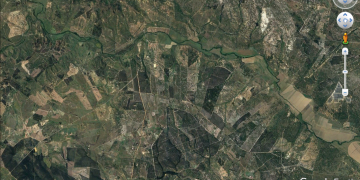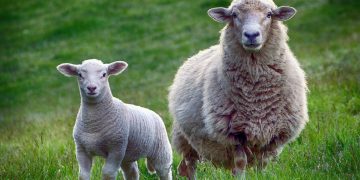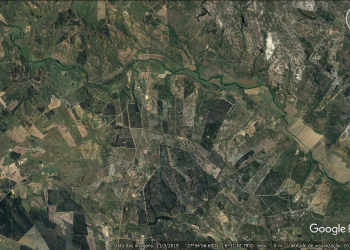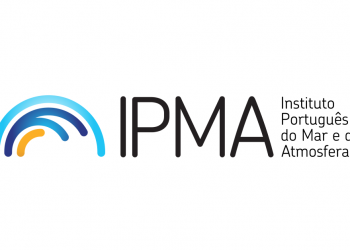The rolling hills of Umbria present an idyllic view of some of Italy’s finest and oldest olive groves. Now these ancient orchards are helping to combat food fraud, a problem that is costing the EU between €8 and €12 billion every year.
Umbrian olive oil producers are providing a group of EU-funded researchers and food experts with samples of their celebrated extra virgin olive oil, to test out new portable DNA-based authentication methods that will improve the protection of their industry from fraud and deception.
“DNA testing creates a transparent product,” said Dr Stelios Arhondakis, CEO of BioCoS, a Greek biotechnology company based in Crete.
It’s in the DNA
Extra virgin olive oil is a high-value product, and that makes it a lucrative target for fraudsters. Counterfeiting can involve diluting bottles with lower quality oils, such as other, cheaper types of olive oil, or even vegetable oil, or mislabelling the variety or geographical origin of the product.
For olive oil producers, an effective means of blocking these practices would be very valuable.
BioCoS specialises in DNA-based traceability solutions aimed at combatting food fraud and improving transparency in the agri-food sector. “If you know exactly what is inside the bottle, you cannot add or mix in anything else,” said Arhondakis.
Their work is part of a three-year EU-funded research initiative called WATSON, which brings together 47 research and technological development partners from across 20 EU and non-EU countries.
Building trust
Arhondakis explains that their DNA-based method will complement other existing tests, improve traceability and provide an easily accessible new DNA authentication tool for producers of a wide range of food products.
“DNA testing creates a transparent product.
“Our goal is to create an affordable, fast and accurate on-site DNA-testing system that can be used to give fast results at any point of the supply chain, minimising the need for laboratory equipment and particular expertise.”
There are benefits for consumers, too. Improved testing will mean buyers can trust that they are getting what they pay for. It also ensures that the purchased products have been produced under high safety and sustainability standards.
Secure and traceable
The DNA test will identify the genetic profile of a food product. This information will then be stored using tamper-proof blockchain technology, effectively creating a digital ledger.
These records will be accessible to stakeholders involved in the production, transport and retail of the targeted food products, and also by food authorities if needed.
In addition to olive oil, the WATSON research team is carrying out five pilot studies in the European food industries most affected by fraud: honey (Spain), meat (Germany), dairy and cereal products (Finland), white fish (Norway) and wine (Portugal).
Dr Dimitrios Argyropoulos is head of the Digital Tech Lab of the School of Biosystems and Food Engineering at University College Dublin, Ireland, and is responsible for coordinating the research being carried out by the WATSON team. His research focuses on sustainable agri-food value chains, and he has a particular interest in applying the Internet of Things (IoT), sensor technologies and AI to food production.
He explains that the individual challenges faced by each industry require distinct technical approaches.
“We apply a different selection of technologies based on the problem that we want to tackle,” he said.
This could mean DNA-based sensors or specialist imaging to identify ingredients, or IoT devices that connect food products to the internet to automatically track their origin, movement, location, and even storage temperature.
“We focus on tools that are low cost, where possible, and portable across the food supply chain.”
Using tech to track wine
In Portugal, making sensor and IoT technology available to wine producers is a key priority. The aim is to be able to trace grapes from their exact plot on the vineyard all the way through the harvesting process and transport to the final production site.
Improving traceability is a powerful way to deter food fraud, helping to close loopholes in the supply chain that organised crime might otherwise exploit.
Value chain monitoring data along with AI will provide an early warning system that can flag any anomalies and help to detect fraudulent activity as and where it happens, explained Dr Pedro Miguel Carvalho, senior researcher at the Institute for Systems and Computer Engineering, Technology and Science in Porto, Portugal.
“We focus on tools that are low cost, where possible, and portable across the food supply chain.
“For example, if a truck transporting grapes takes an unexpected route, or makes an unusual stop, it could be a sign of an attempt to intercept the grapes,” he said.
According to Carvalho, the work being done by the WATSON researchers is critical given the scale of wine fraud in the EU. Wine fraud costs the regular EU wine sector an estimated €1.3 billion per year, around 3% of the total sales value.
More than 1 million litres of counterfeit alcoholic beverages, mostly wine, were seized across Europe in 2020 and over 1.7 million in 2021 in targeted actions led by the European Anti-Fraud Office as part of joint Europol-Interpol operations.
From farm to phone
The ambition for many of the prototype technologies under development is for consumers to be able to use their smartphones to scan labelling and access the biographical details of the product presented in the form of a “food passport”.
The hope is that, by the time the researchers’ work concludes in 2026, the new technologies will be picked up and used in other countries and food sectors.
Reducing the opportunity for fraud will help to create a fair, healthy and environmentally friendly food system, as envisioned in the EU’s Farm to Fork Strategy.
“The tools developed through WATSON will help us build an extra layer of protection against food fraud, which can seriously harm both food supply chains and the environment,” said Argyropoulos.
Research in this article was funded by the EU’s Horizon Programme. The views of the interviewees don’t necessarily reflect those of the European Commission. If you liked this article, please consider sharing it on social media.
O artigo foi publicado originalmente em Horizon, the EU Research and Innovation Magazine.





















































